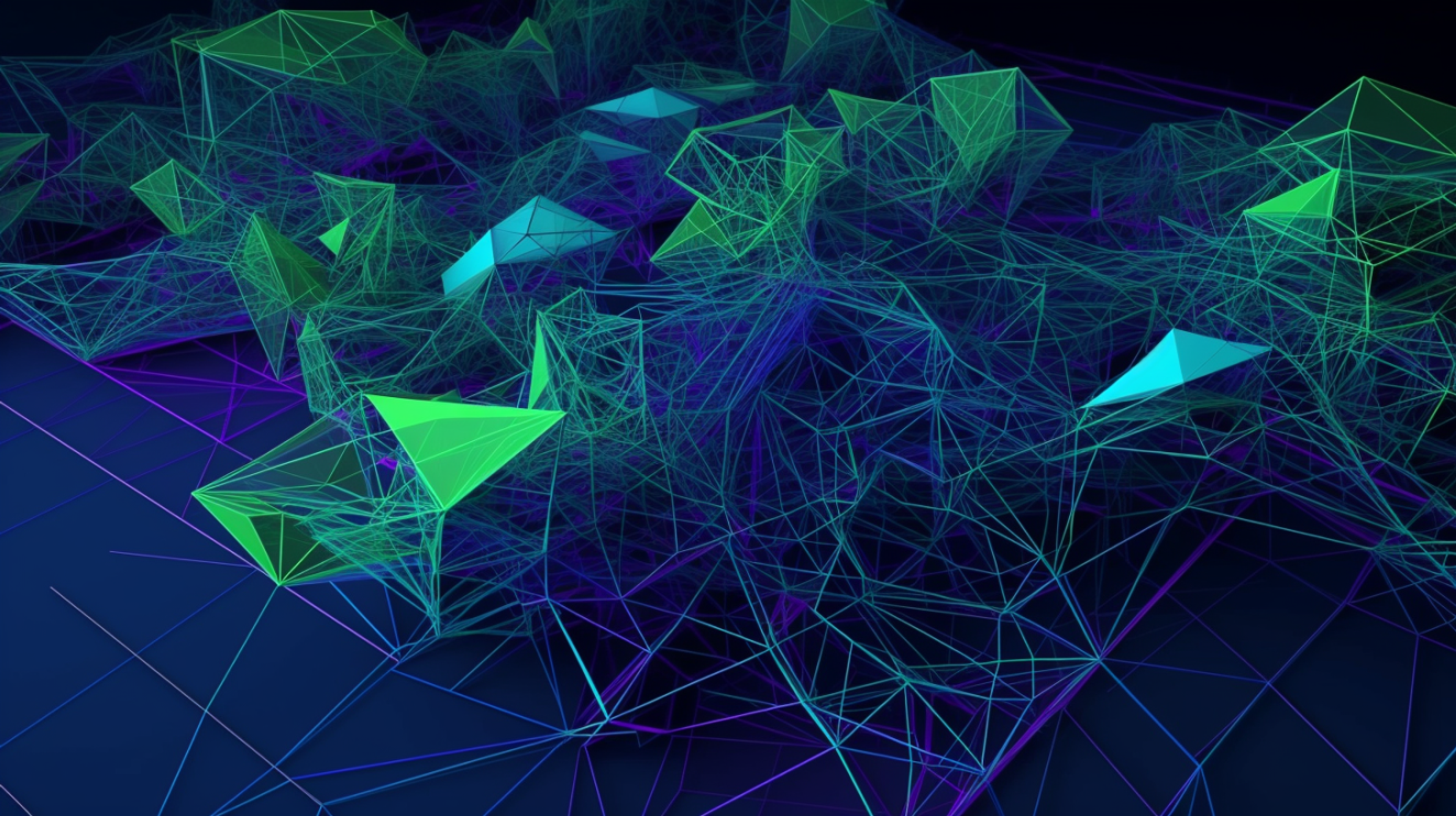Lesson 1
An Introduction to Your Nanodegree Program
Welcome! We're so glad you're here. Join us in learning a bit more about what to expect and ways to succeed.

Nanodegree Program
This Nanodegree trains the learner about foundational topics in the exciting field of deep learning, the technology behind state-of-the-art artificial intelligence.
This Nanodegree trains the learner about foundational topics in the exciting field of deep learning, the technology behind state-of-the-art artificial intelligence.
Intermediate
4 months
Real-world Projects
Completion Certificate
Last Updated May 11, 2024
Course 1 • 45 minutes
The Deep Learning Nanodegree program offers a solid introduction to the world of artificial intelligence. In this program, you’ll master fundamentals that will enable you to go further in the field, launch or advance a career, and join the next generation of deep learning talent that will help define a beneficial, new, AI-powered future for our world. You will study cutting-edge topics such as Neural Networks, Convolutional Neural Networks, Recurrent Neural Networks, Generative Adversarial Networks, and build projects in PyTorch.
Lesson 1
Welcome! We're so glad you're here. Join us in learning a bit more about what to expect and ways to succeed.
Lesson 2
You are starting a challenging but rewarding journey! Take 5 minutes to read how to get help with projects and content.
Course 2 • 4 weeks
This course covers foundational deep learning theory and practice. We begin with how to think about deep learning and when it is the right tool to use. The course covers the fundamental algorithms of deep learning, deep learning architecture and goals, and interweaves the theory with implementation in PyTorch.
Lesson 1
Meet your instructor, get an overview of the course, and find a few interesting resources in this introductory lesson.
Lesson 2
This introductory lesson on Deep Learning covers how experts think about deep learning and how to know when deep learning is the right tool for the job, including some examples.
Lesson 3
Beginning with PyTorch and moving into both Error Functions, Gradient Descent, and Backpropagation, this lesson provides an overview of foundational neural network concepts.
Lesson 4
This introduction to neural networks explains how algorithms inspired by the human brain operate and puts to use those concepts when designing a neural network to solve particular problems.
Lesson 5
Learn how to train neural networks and avoid overfitting or underfitting by employing techniques like Early Stopping, Regularization, Dropout, Local Minima, and Random Restart!
Lesson 6 • Project
In this project, you will use your skills in designing and training neural networks to classify handwritten digits using the well-known MNIST dataset.
Course 3 • 4 weeks
This course introduces Convolutional Neural Networks, the most widely used type of neural networks specialized in image processing. You will learn the main characteristics of CNNs that make them so useful for image processing, their inner workings, and how to build them from scratch to complete image classification tasks. You will learn what are the most successful CNN architectures, and what are their main characteristics. You will apply these architectures to custom datasets using transfer learning. You will also learn about autoencoders, a very important architecture at the basis of many modern CNNs, and how to use them for anomaly detection as well as image denoising. Finally, you will learn how to use CNNs for object detection and semantic segmentation.
Lesson 1
In this lesson we will look at the main applications of CNNs, understand professional roles involved in the development of a CNN-based application, and learn about the history of CNNs.
Lesson 2
In this lesson we will recap how to use a Multi-Layer Perceptron for image classification, understand the limitations of this approach, and learn how CNNs can overcome these limitations.
Lesson 3
In this lesson we will study in depth the basic layers used in CNNs, build a CNN from scratch in PyTorch, use it to classify images, improve its performance, and export it for production.
Lesson 4
In this lesson we will learn about key CNN architectures and their innovations, and apply multiple ways of adapting them to our use cases with transfer learning.
Lesson 5
In this lesson we will design and train linear and CNN-based autoencoders for anomaly detection and for image denoising.
Lesson 6
In this lesson we will study applications of CNNs beyond image classification. We will train and evaluate an object detection model as well as a semantic segmentation model on custom datasets.
Lesson 7 • Project
In this project, you will apply the skills you have acquired in the Convolutional Neural Network (CNN) course to build a landmark classifier.
Course 4 • 4 weeks
This course covers multiple RNN architectures and discusses design patterns for those models. You'll also learn about transformer architectures.
Lesson 1
Lesson 2
Lesson 3
Lesson 4 • Project

Principal Data Scientist
Giacomo Vianello is an end-to-end data scientist with a passion for state-of-the-art but practical technical solutions. He is Principal Data Scientist at Cape Analytics, where he develops AI systems to extract intelligence from geospatial imagery bringing, cutting-edge AI solutions to the insurance and real estate industries.

Head of ML & COO of Datyra
Nathan is a data scientist and entrepreneur. He currently leads a Datyra, a 50-person AI consultancy. He was the first AI team member at $CORZ. Prior to that he founded a VC backed data startup that was acquired. Nathan was named “27 CEO's Under 27” by Entrepreneur.com and has been featured in Inc. and Forbes.

Principal AI Researcher
Erick Galinkin is a hacker and computer scientist, leading research at the intersection of security and artificial intelligence at Rapid7. He has spoken at numerous industry and academic conferences on topics ranging from malware development to game theory in security.

Sr Deep Learning Engineer
Thomas is originally a geophysicist but his passion for Computer Vision led him to become a Deep Learning engineer at various startups. By creating online courses, he is hoping to make education more accessible. When he is not coding, Thomas can be found in the mountains skiing or climbing.
Average Rating: 4.7 Stars
909 Reviews
Combine technology training for employees with industry experts, mentors, and projects, for critical thinking that pushes innovation. Our proven upskilling system goes after success—relentlessly.

Demonstrate proficiency with practical projects
Projects are based on real-world scenarios and challenges, allowing you to apply the skills you learn to practical situations, while giving you real hands-on experience.
Gain proven experience
Retain knowledge longer
Apply new skills immediately

Top-tier services to ensure learner success
Reviewers provide timely and constructive feedback on your project submissions, highlighting areas of improvement and offering practical tips to enhance your work.
Get help from subject matter experts
Learn industry best practices
Gain valuable insights and improve your skills

Unlimited access to our top-rated courses
Real-world projects
Personalized project reviews
Program certificates
Proven career outcomes
Full Catalog Access
One subscription opens up this course and our entire catalog of projects and skills.
Average time to complete a Nanodegree program

Deep Learning